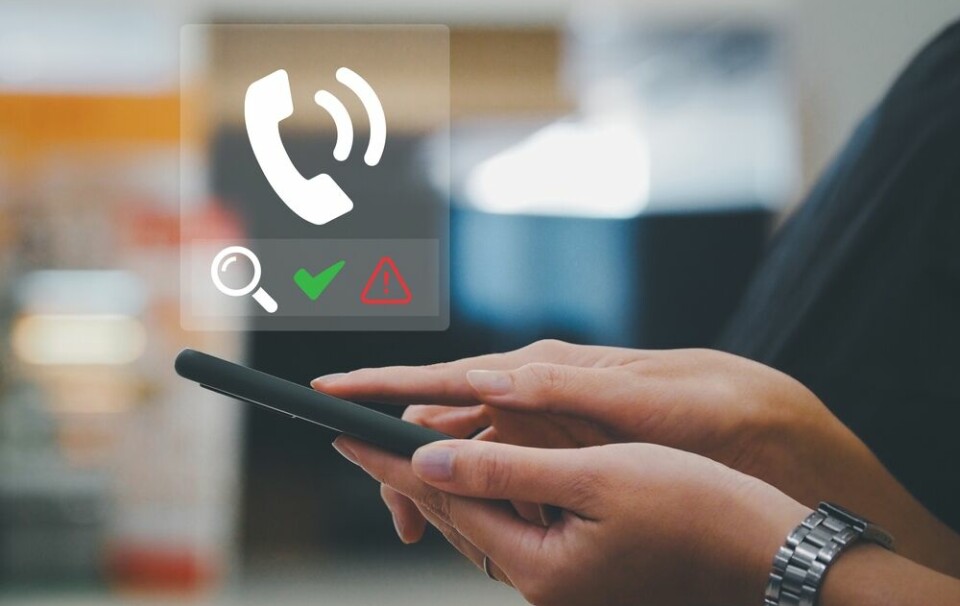Covid-19 in France: Hospital consultations remain low, but rising
‘This does not mean we are facing another major epidemic, but Covid can no longer be ruled out” in case of symptoms, says an expert
Hospitalisations for Covid-19 in France are still low, but have been rising for the past few weeks
Pixavril/Shutterstock
Hospitalisations for Covid-19 in France are still at low levels, but they have been rising for the past few weeks, new official data shows.
In its most recent bulletin on June 11, Santé publique France (SPF) said that interventions for Covid-19 cases by at-home doctor service SOS Médecins had been rising for the past eight weeks.
More than 1,500 interventions were reported for the week of June 3-10; a rise of 51% week-on-week. Visits to hospital emergency departments for Covid-19 also rose by 52%.
“Covid-19 can no longer be ruled out” in someone suffering from similar symptoms, Bruno Lina, professor of virology at Lyon University Hospital told BFMTV.
"This does not mean that we are once again facing a major epidemic, but [signs of Covid] are rising sharply. So if you have any signs of respiratory infection today, it could be due to the coronavirus,” he said.
Read also: Covid 19 in France: Latest official figures and symptoms of new variant
In contrast, SPF said that signs of bronchiolitis and influenza virus were stable and not rising in almost all age groups, as were reports of gastroenteritis (down 10%) and chickenpox (down 23%).
The one exception - apart from Covid - was flu and flu-like illness in the under-15s, which had risen by 16% week-on-week. “This is higher than in previous years,” SPF said.
It comes after reports that large gatherings in recent weeks and months - including several Taylor Swift concerts held in Paris - could have acted as ‘clusters’ of Covid and other illnesses, and spread more cases among young people than usual.
Read also: Next Covid vaccination campaign to begin in France
Ensuring that you are up-to-date with vaccinations, and employing barrier methods when in enclosed spaces and around vulnerable people (such as wearing a mask), are still the best ways to prevent infection.




























